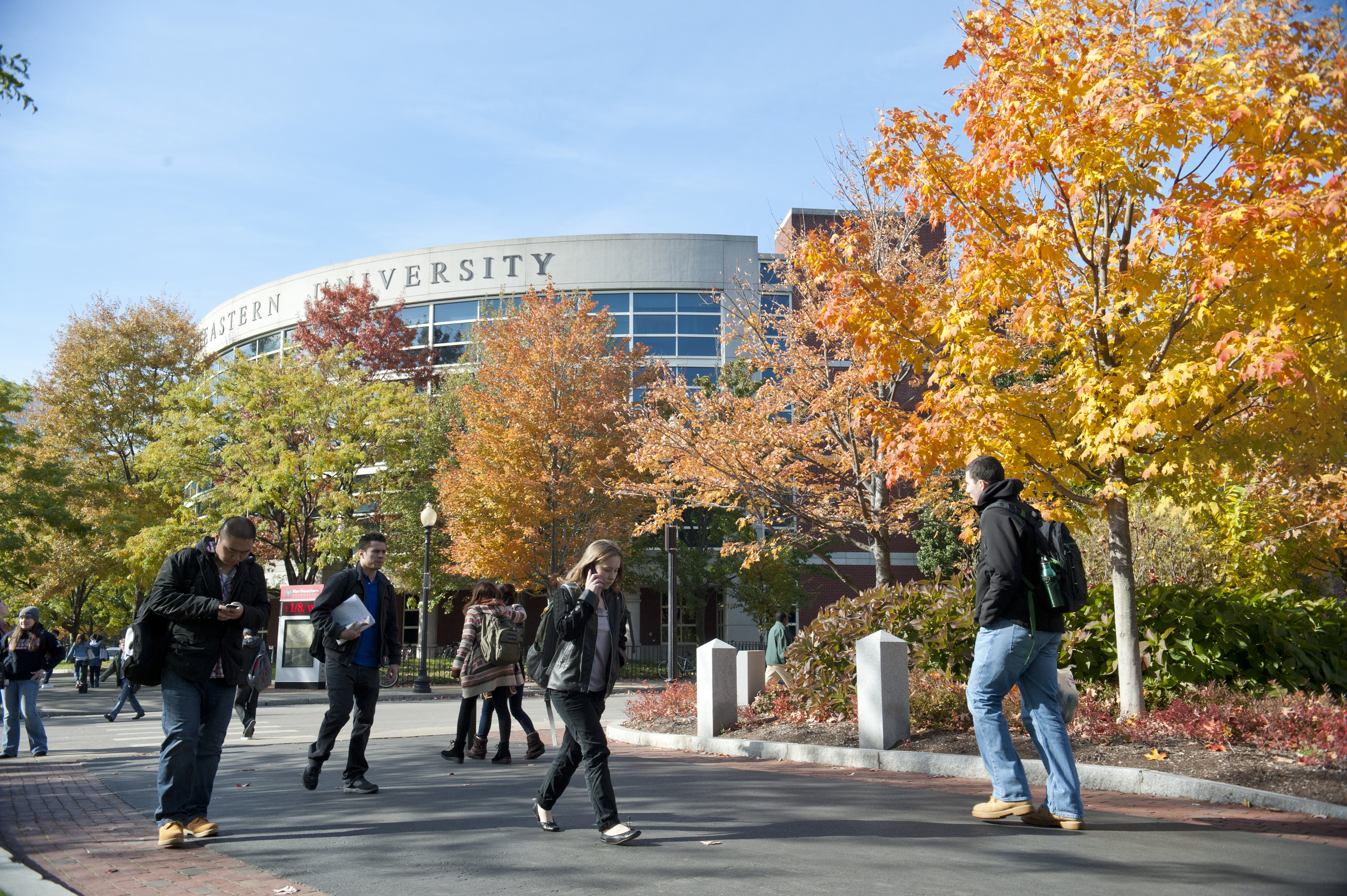Ai Ra shares their Northeastern experience in the Master of Science in Bioinformatics program, one of our professional master’s program offerings.

Q: What master’s program are you currently in, and what is your predicted graduation year?
I’m enrolled in the Master of Science in Bioinformatics program with a projected graduation date of Spring 2022.
Q: Why did you decide to enroll at Northeastern University and pursue this degree?
As I was finishing my Master of Music degree and the COVID-19 pandemic began, I was looking for a way to further my education and career in STEM. I found the field of bioinformatics by chance, but it felt like something I’ve needed to do my entire life. I’ve always been curious about genetics, cancer, rare diseases, and gene-based therapies, so discovering this field was fascinating. The program at Northeastern was among others I applied to, but the one I wanted to attend the most because of the co-op program. No other degree I saw had built-in career experience before graduating.
Q: Tell us about your experience with this program so far.
Shifting from music back to STEM has been an enormous challenge and was made even more challenging by the bulk of my degree being online. This semester has been primarily on-ground, and I am thankful for that.
Q: What has been your favorite part?
My favorite part has probably been working as a teaching assistant for the professional development for co-op class. Doing this has allowed me to further my professional skills while interacting with and helping my colleagues.
Q: Are there any particular faculty or resources that have helped you succeed in this program?
Stefan Kaluziak and Alex Susienka have been integral to my experience here at the College of Science.
Kaluziak has served as a tremendous mentor, providing advice on what skills I can cultivate to further my career, delivering job search guidance, and sharing general life advice for being a bioinformatician.
Susienka has made himself an unlimited resource of ways to practice and improve professionalism, providing support at every good and bad moment while I’ve been here, and allowing me to grow into a young professional.
Q: What do you believe to be the biggest strength of the Bioinformatics program?
The biggest strength of this program is the co-op opportunities. This kind of career experience leads to potential employment in ways other programs cannot compete.
Q: Tell us about your co-op experiences. How have these informed you on what you plan to do in the future?
I experienced co-op at a big pharma company called Abbvie. There were both ups and downs to this experience, the least enjoyable being that it was primarily remote due to the state of the pandemic at the time. Despite this, my co-op at Abbvie allowed me to work on programming with real-life experimental data, learn new skills, and interact with professionals with different levels of expertise from me. In addition, this co-op revealed to me the things that I want from my future employment and things I would like to avoid. I also acquired a new mentor at Abbvie who became very invested in my career growth and integral to obtaining a full-time position before graduation.
Q: Which skills have you learned from the Bioinformatics program have proven most useful during co-op or that you think will be helpful to you during a future job search?
Of course, the most valuable skills I have gained from the program have been my programming skills. Before enrollment, I had nearly no programming experience.
Q: What are your post-graduation plans?
I have been very fortunate to have secured a full-time position at NYU Langone Health, acting as the Bioinformatics Analyst for their Translational Immunology Center. I thank Northeastern for this opportunity, but especially my College of Science mentors Kaluziak, Susienka, and Jesus Paez-Cortez of Vertex Pharmaceuticals.
Q: What advice do you have for students in similar fields?
My advice is to practice, know your worth, and connect with everyone you meet as much as possible. When I say practice, I mean practice your coding skills. Almost everyone in this program is new to programming, and the only way to improve is to practice. Being down on yourself and writing yourself off as “not good at programming” will only harm you. Instead, focus on what you are good at and try to improve every time you put your hands on the keyboard.
Knowing your worth means understanding that – you are in high demand as a graduate of Northeastern’s Bioinformatics program. Do not settle for any job offer that is not exactly what you want. Finally, it would help if you connected with others. Since I connected with my teachers and mentors, I could secure a job before graduation and believe I deserve it!
Learn more about our graduate programs and student experiences here.

